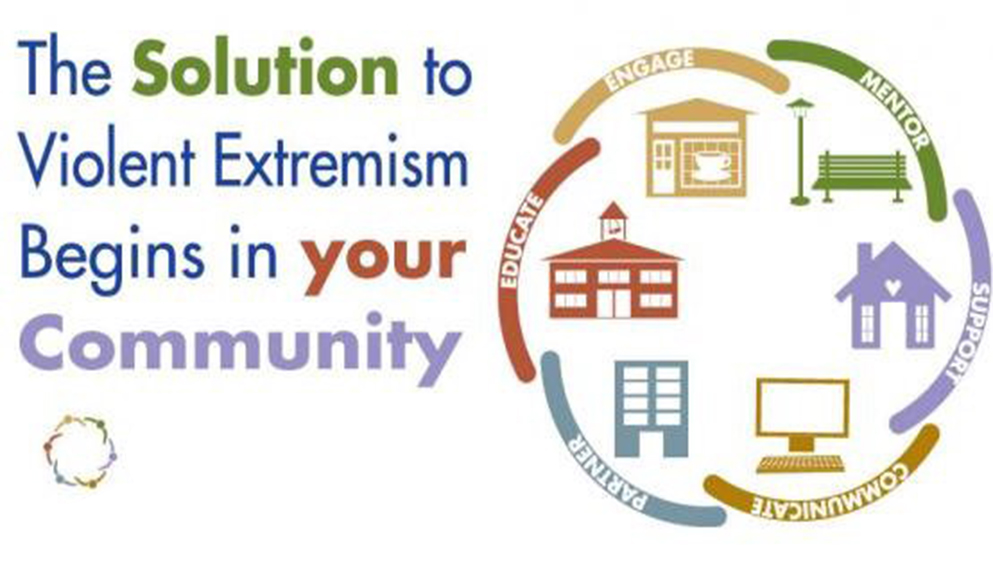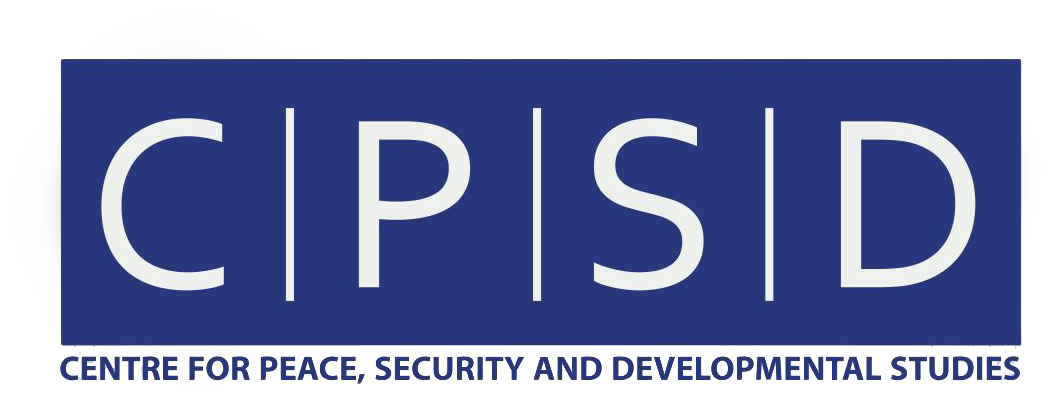ROLE OF WOMEN IN PREVENTING/COUNTERING VIOLENT EXTREMISM

Women in Preventing and Countering Violent Extremism (P/CVE): A Policy Perspective from Pakistan
Introduction
Recognizing the role of women in Preventing and Countering Violent Extremism (P/CVE) is a relatively recent development. Consequently, there are limited women-centric P/CVE programs globally—and even fewer policy frameworks tailored to Pakistan’s unique socio-cultural context. A common misconception persists that women possess a “special ability” to counter extremism, despite limited empirical evidence supporting this claim.
This policy brief argues that women should not be engaged in P/CVE due to presumed innate capabilities, but because they are active agents with the capacity to drive positive change. Women can be peacebuilders, victims, and—at times—even perpetrators of violent extremism. This brief presents findings from primary research conducted through Focus Group Discussions (FGDs) and Key Informant Interviews (KIIs) with stakeholders in South Punjab and Islamabad, offering practical recommendations for developing inclusive and effective women-focused P/CVE strategies in Pakistan.
Executive Summary
The findings highlight that in communities bound by socio-cultural constraints and skepticism toward NGOs, support from influential community leaders is essential for women’s participation in CVE efforts. Moreover, in a society where notions of “women’s honor” are deeply entrenched, male family members must also be engaged during program mobilization.
Women’s roles in P/CVE are often overlooked and undervalued, and effective programming requires consideration of gender inequality, mobility constraints, and patriarchal family dynamics. Empowering women—economically, socially, and intellectually—is a prerequisite for meaningful involvement in P/CVE.
Interviewees emphasized the importance of equipping women with critical thinking and communication skills to identify and address extremism within households and communities. Economic empowerment programs, if well-structured, can serve as strategic entry points for P/CVE engagement.
Key Findings and Programming Recommendations
The following findings and recommendations emerge from qualitative fieldwork and reflect the nuanced realities of engaging women in P/CVE in Pakistan:
1. The Role of Mothers in Detecting Early Signs of Radicalization
Literature from diaspora communities suggests mothers are well-positioned to detect radicalization in their children due to close proximity. However, in Pakistan, this hypothesis has limited applicability due to:
Low literacy levels and lack of awareness among mothers;
Misinterpretation of radical behaviors as adolescent defiance;
Absence of safe reporting mechanisms, making disclosure risky for mothers themselves.
Programming Recommendation:
Develop community-based awareness and training modules that:
Build mothers’ understanding of behavioral cues linked to radicalization;
Address any existing extremist beliefs among participants;
Include practical steps on what mothers can do upon identifying warning signs;
Provide secure reporting channels or support networks for concerned women.
Model to Consider:
Women without Borders’ Sisters Against Violent Extremism (SAVE) initiative offers a ten-week, home-based curriculum for women in remote areas. This approach builds self-confidence and educates mothers about their role in reducing violence—adaptable for Pakistan’s context.
2. Economic Empowerment as an Entry Point for P/CVE
The 2021 Pakistan National Human Development Report (NHDR) identifies education, employment, and engagement as the primary challenges for youth. Many women surveyed cited lack of employment as a major driver of instability and extremism in their communities.
Programming Recommendation:
Integrate P/CVE messaging into:
Livelihood and skill development programs, especially those targeting women;
Training modules that include peacebuilding, religious literacy, and critical thinking;
Soft skills such as communication, conflict resolution, and community leadership.
This dual-purpose model not only uplifts women economically but also strengthens their capacity to act as community anchors against violent narratives. Special focus can be placed on rural women involved in agriculture and value chains, such as food preservation and post-harvest handling.
3. Political Participation and Policy Influence
Pakistan’s 2000 Devolution of Power Plan led to 33% women’s representation at local government levels, producing nearly 40,000 women councilors. Despite this, the political participation of women remains largely symbolic due to:
Lack of institutional support;
Insufficient political training;
Marginalization within party structures.
Programming Recommendation:
Activate and strengthen platforms such as the Women’s Parliamentary Caucus (WPC) to:
Advocate for P/CVE-related legislation and oversight;
Mainstream women’s roles in community resilience and security policymaking;
Facilitate tailored capacity-building programs for women legislators.
Conclusion
A failure to adopt gender-sensitive approaches in P/CVE programming undermines both root-cause analysis and the effectiveness of interventions. Women must be viewed not only as potential victims but also as credible actors—both in preventing and potentially enabling extremism.
Program designs must reflect this dual reality. Targeted efforts to empower women economically, socially, and politically are not just socially beneficial—they are essential for building long-term resilience against extremism in Pakistan.
Note: The insights and conclusions presented in this brief reflect the author’s primary research and do not necessarily represent institutional positions.
